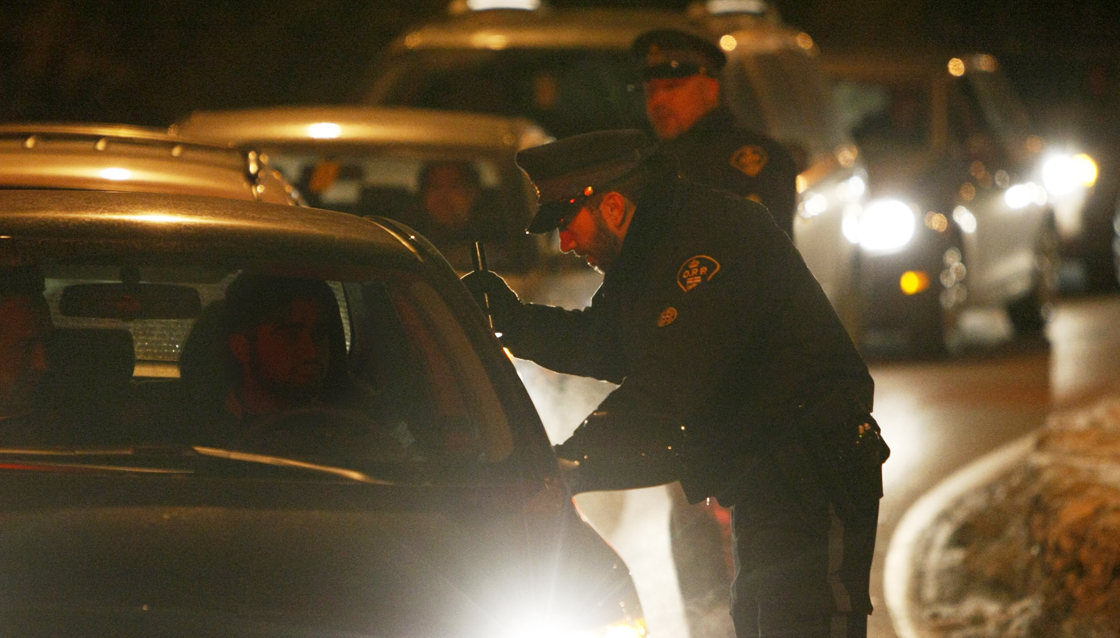An Ontario man has beat a drinking and driving charge with a defence of acid reflux.

Phillip Coffey was stopped on Aug. 20, 2010 in Mono, Ont., as part of a RIDE program and charged with the offence of over 80 — having more alcohol in his system than the legal limit.
Two breath tests recorded his blood alcohol level as being about twice the limit.
Coffey said he had three glasses of wine over about three hours at a wedding. Both he and his wife said they split a full bottle of sauvignon blanc, though she only had a five-ounce glass.
Coffey suffers from gastroesophogal reflux disease and he argued that the large meal of salad, pasta and beef that he ate at the wedding exacerbated his acid reflux.
He normally takes the drug Nexium to control his symptoms but did not on that day, Coffey testified in his own defence.
The court heard evidence from Coffey’s doctor, who confirmed that Coffey has moderate to severe reflux and that stomach acid is regurgitated into the mouth cavity as a result.
A toxicologist testified for the defence that since Coffey said he finished his last glass of wine shortly before leaving the wedding, there would have been unabsorbed alcohol in his stomach that could have been pushed into his mouth by the reflux, causing the fail reading on his breath tests.
Ismail Moftah testified that on the basis of several factors, including Coffey’s height of about six feet and his weight of about 160 pounds, and drinking the 21 ounces of wine he said he drank, Coffey’s blood alcohol level would have been no higher than 66 milligrams in 100 millilitres of blood — which is under the legal limit.
Another toxicologist, testifying for the Crown, said that he didn’t expect alcohol would still be present in Coffey’s stomach at the time of the two tests and that it was “possible, but more than likely to be impossible” that the reflux would have affected both tests and produced nearly identical results.
Ontario Court Judge Douglas Maund found Coffey’s evidence that he was experiencing acid reflux during the tests to be credible and he dismissed the charge.
“Having come to this conclusion, I find that it has been established that there was a real possibility that some alcohol may have been in Mr. Coffey’s oral cavity when the tests were taken,” Maund wrote in his decision.
“There was therefore a real potential for false readings from the instrument.”



Comments